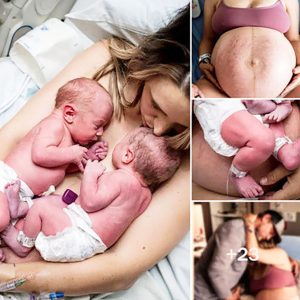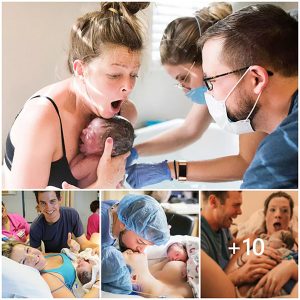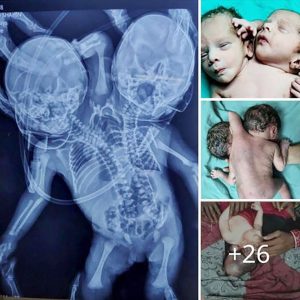Annegret Raunigk, gave birth to a girl — Neeta — and three boys — Dries, Bence and Fjonn — by caesarean section at a Berlin hospital Tuesday, RTL said. The newborns weighed between 655 grams and 960 grams each.
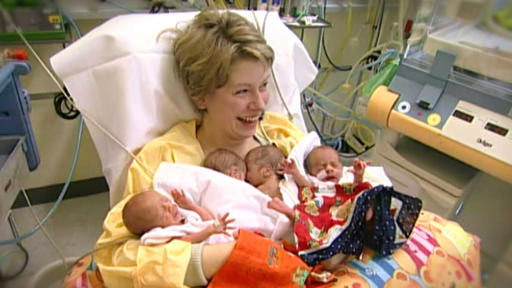
A spokeswoman for RTL said the babies stood a strong chance of survival, but possible complications couldn’t yet be ruled out, because they were born in the 26th week of pregnancy. Their mother was doing well, the spokeswoman said.
“Raunigk basically has no medical risk anymore,” Heike Speda told The Associated Press. She said the woman had signed a contract granting RTL exclusive access in return for an undisclosed sum.
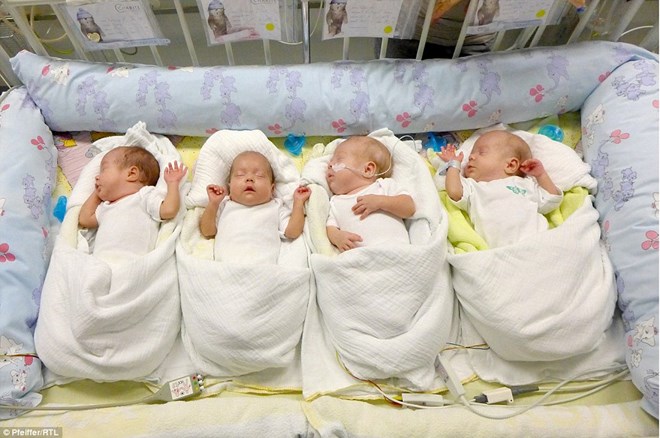
Raunigk already had 13 children ranging in age from 9 to 44, from five fathers. She told Germany’s Bild newspaper last month that she decided to become pregnant again because her 9-year-old daughter wanted a younger sibling. She also has seven grandchildren.
Raunigk travelled abroad to have donated, fertilised eggs implanted — a procedure that is illegal in Germany.
Her decision prompted criticism from doctors, who questioned whether her body would be physically capable of bearing four children.
But Raunigk defended her decision, telling Bild last month: “They can see it how they want to, and I’ll see it the way I think is right.”

